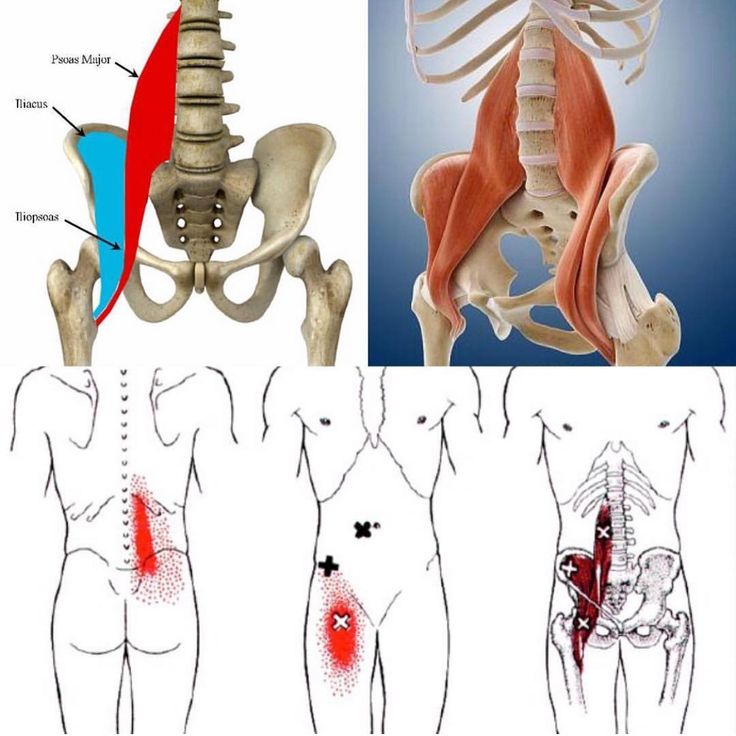Traveling and pregnant
Traveling While Pregnant or Breastfeeding
Special considerations for traveling while pregnant
Traveling during pregnancy is normal and a lot of women do it. But it's important to think about potential problems that could come up during international travel. Also think about how you would get quality health care in the countries you are visiting. Get all of the vaccines you need before becoming pregnant instead of waiting to get them during pregnancy.
The American College of Obstetricians and Gynecologists says the safest time for a woman to travel is in the second trimester of her pregnancy, from 14 to 28 weeks. This is the time when you will feel your best. You are also at the lowest risk for spontaneous abortion or premature labor. During the third trimester (25 to 40 weeks), many healthcare providers and midwives advise staying within a 300-mile radius of home because of potential problems such as high blood pressure, phlebitis, and false or preterm labor. Generally, women are not allowed to travel by air after 36 weeks for domestic travel, and after 28 to 35 weeks for international travel. The decision on whether to travel and how far to travel at any time during pregnancy should be a joint decision between you and your healthcare provider or midwife.
According to the CDC, pregnant women with the following conditions may be advised against traveling to countries that require pre-travel vaccines. This list may be incomplete. So discuss your health history with your provider or midwife before planning travel:
History of miscarriage
Incompetent cervix
History of ectopic pregnancy
History of premature labor or premature rupture of membranes
History of or current placental abnormalities
Threatened miscarriage or vaginal bleeding during current pregnancy
Multiple fetuses in current pregnancy
History of toxemia, high blood pressure, or diabetes with any pregnancy
History of infertility or trouble getting pregnant
Pregnancy for the first time over the age of 35 years
Heart valve disease or congestive heart failure
History of blood clots
Severe anemia
Chronic organ system problems that need to be treated
You may also be advised against traveling to places that may have hazards.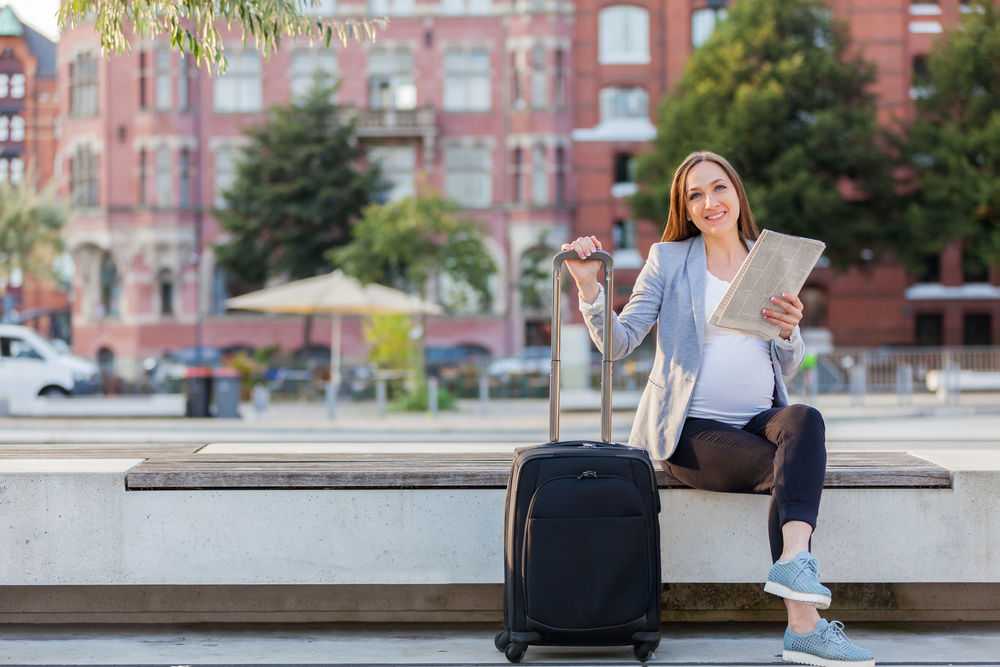 The list below may be incomplete. Talk about your travel plans with your healthcare provider or midwife before planning a trip.
The list below may be incomplete. Talk about your travel plans with your healthcare provider or midwife before planning a trip.
Places with high altitudes
Places that have outbreaks of life-threatening food- or insect-borne infections
Places where malaria is common
Places where live-virus vaccines are needed or recommended
Healthy tips for traveling while pregnant
Here are tips for traveling while pregnant:
Try to plan ahead for any problems or emergencies that could come up before you travel. Check that your health insurance is valid while you are abroad. Also check to see whether the plan will cover a newborn, should you deliver while away. You may want to think about getting a supplemental travel and medical evacuation insurance.
Research medical facilities in your destination. Women in the last trimester of pregnancy should look for places that can manage complications of pregnancy, toxemia, and cesarean sections.

If you will need prenatal care while you are abroad, arrange for this before you leave. Talk with your healthcare provider or midwife to figure out the best way to handle this.
Know your blood type and check that blood is screened for HIV and hepatitis B in the areas you will be visiting.
Check that safe food and beverages such as bottled water and pasteurized milk are available at your destinations.
If flying, ask for an aisle seat at the bulkhead. This gives you the most space and comfort. If morning sickness is a problem, try to arrange travel during a time of day when you generally feel well. Seats over the wing in the midplane region will give you the smoothest ride.
Try to walk every half-hour during a smooth flight. Flex and extend your ankles often to prevent blood clots in the veins (thrombophlebitis).
Fasten your seat belt at the pelvis level, below your hips.
Drink plenty of fluids to stay hydrated.
 Aircraft cabins have low humidity.
Aircraft cabins have low humidity.Try to rest as much as possible while away. Exercise and activity during pregnancy are important. But try not to overdo it.
Special considerations for traveling while breastfeeding
Breastfeeding gives babies the most nutritional start in life. It also gives them vital protection against certain infections. But traveling internationally while nursing can be challenging.
If you are breastfeeding only, you don't have to worry about sterilizing bottles or having clean water. You may get vaccines to protect against disease, depending on where you are traveling. But diseases such as yellow fever, measles, and meningococcal meningitis may be a threat to infants who can't be vaccinated at birth. Discuss this with both your healthcare provider or midwife and your infant's care giver before you travel.
If you are feeding your baby formula, it's best to use powdered formula made with boiled water. You may also want to carry a supply of prepared infant formula in cans or ready-to-feed bottles for emergencies.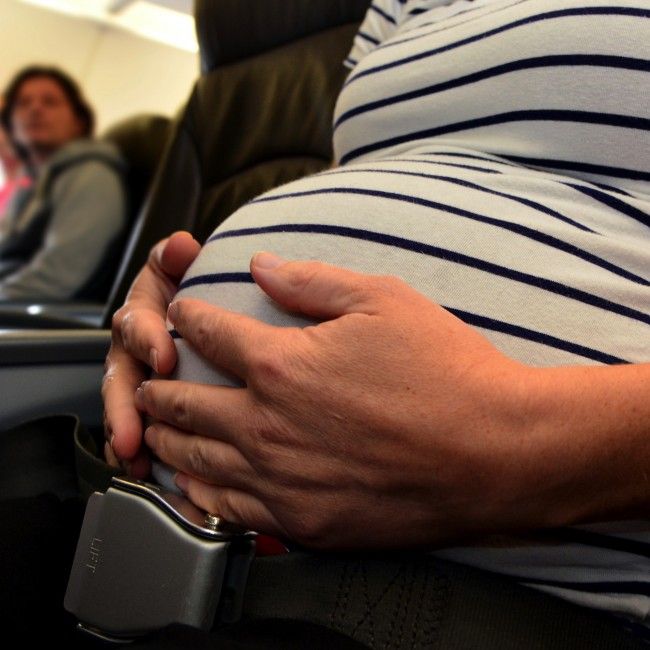
Breastfeeding helps lower the chance of your baby getting traveler's diarrhea. If you get traveler's diarrhea, drink more fluids, and continue to nurse your baby.
Watch your eating and sleeping patterns, as well as your stress levels. This will affect your milk output. Drink more fluids. Stay away from alcohol and caffeine, as well as exposure to smoke.
Pregnant Travelers | Travelers' Health
Pregnant travelers can generally travel safely with appropriate preparation. But they should avoid some destinations, including those with risk of Zika and malaria. Learn more about traveling during pregnancy and steps you can take to keep you and your baby healthy.
Before Travel
Before you book a cruise or air travel, check the airlines or cruise operator policies for pregnant women. Some airlines will let you fly until 36 weeks, but others may have an earlier cutoff. Cruises may not allow you to travel after 24–28 weeks of pregnancy, and you may need to have a note from your doctor stating you are fit to travel.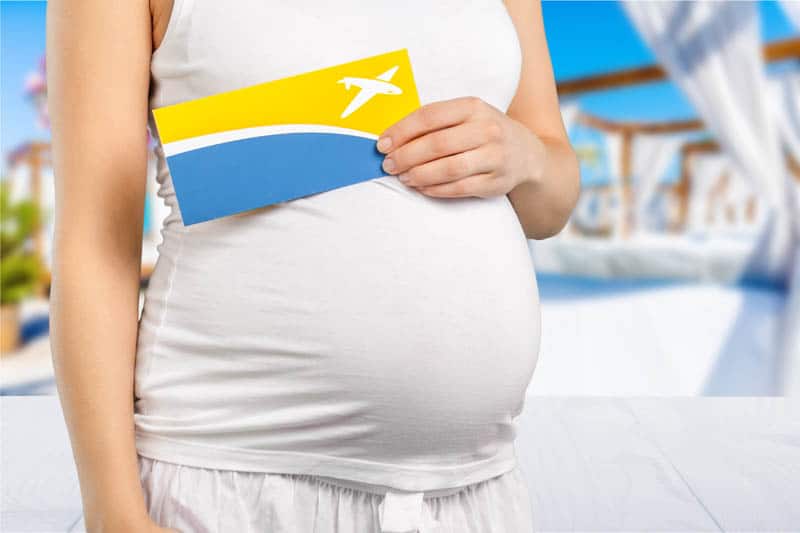
Zika and Malaria
Zika can cause severe birth defects. The Zika virus is spread through mosquito bites and sex. If you are pregnant, do not travel to areas with risk of Zika. If you must travel to an area with Zika, use insect repellent and take other steps to avoid bug bites. If you have a sex partner who lives in or has traveled to an area with Zika, you should use condoms for the rest of your pregnancy.
Pregnant travelers should avoid travel to areas with malaria, as it can be more severe in pregnant women. Malaria increases the risk for serious pregnancy problems, including premature birth, miscarriage, and stillbirth. If you must travel to an area with malaria, talk to your doctor about taking malaria prevention medicine. Malaria is spread by mosquitoes, so use insect repellent and take other steps to avoid bug bites.
Make an appointment with your healthcare provider or a travel health specialist at least one month before you leave. They can help you get destination-specific vaccines, medicines, and information. Discussing health concerns as well as your itinerary and planned activities with your provider allows them to give more specific advice and recommendations.
Discussing health concerns as well as your itinerary and planned activities with your provider allows them to give more specific advice and recommendations.
Plan for the unexpected. It is important to plan for unexpected events as much as possible. Doing so can help you get quality health care or avoid being stranded at a destination. A few steps you can take to plan for unexpected events are to get travel insurance, learn where to get health care during travel, pack a travel health kit, and enroll in the Department of State’s STEP.
Be sure your healthcare policy covers pregnancy and neonatal complications while overseas. If it doesn’t get travel health insurance that covers those items. Consider getting medical evacuation insurance too.
Recognize signs and symptoms that require immediate medical attention, including pelvic or abdominal pain, bleeding, contractions, symptoms of preeclampsia (unusual swelling, severe headaches, nausea and vomiting, and vision changes), and dehydration.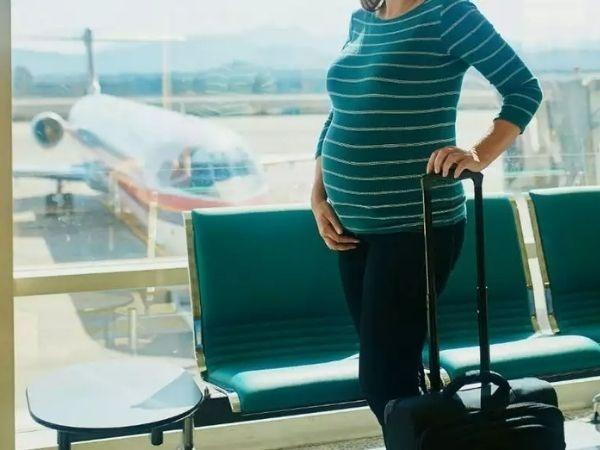
Prepare a travel health kit. Pregnant travelers may want to include in your kit prescription medications, hemorrhoid cream, antiemetic drugs, antacids, prenatal vitamins, medication for vaginitis or yeast infection, and support hose, in addition to the items recommended for all travelers.
During Travel
Your feet may become swollen on a long flight, so wear comfortable shoes and loose clothing and try to walk around every hour or so. Sitting for a long time, like on long flight, increases your chances of getting blood clots, or deep vein thrombosis. Pregnant women are also more likely to get blood clots. To reduce your risk of a blood clot, your doctor may recommend compression stockings or leg exercises you can do in your seat. Also, see CDC’s Blood Clots During Travel page for more tips on how to avoid blood clots during travel.
Choose safe food and drink. Contaminated food or drinks can cause travelers’ diarrhea and other diseases and disrupt your travel. Travelers to low or middle income destinations are especially at risk. Generally, foods served hot are usually safe to eat as well as dry and packaged foods. Bottled, canned, and hot drinks are usually safe to drink. Learn more about how to choose safer food and drinks to prevent getting sick.
Travelers to low or middle income destinations are especially at risk. Generally, foods served hot are usually safe to eat as well as dry and packaged foods. Bottled, canned, and hot drinks are usually safe to drink. Learn more about how to choose safer food and drinks to prevent getting sick.
Pregnant women should not use bismuth subsalicylate, which is in Pepto-Bismol and Kaopectate. Travelers to low or middle income destinations are more likely to get sick from food or drinks. Iodine tablets for water purification should not be used since they can harm thyroid development of the fetus.
After Travel
If you traveled and feel sick, particularly if you have a fever, talk to a healthcare provider immediately, and tell them about your travel. Avoid contact with other people while you are sick.
More Information
CDC Yellow Book: Pregnant Travelers
Holidays and travel during pregnancy
Before planning a trip, be sure to consult a gynecologist whom you trust to manage your pregnancy.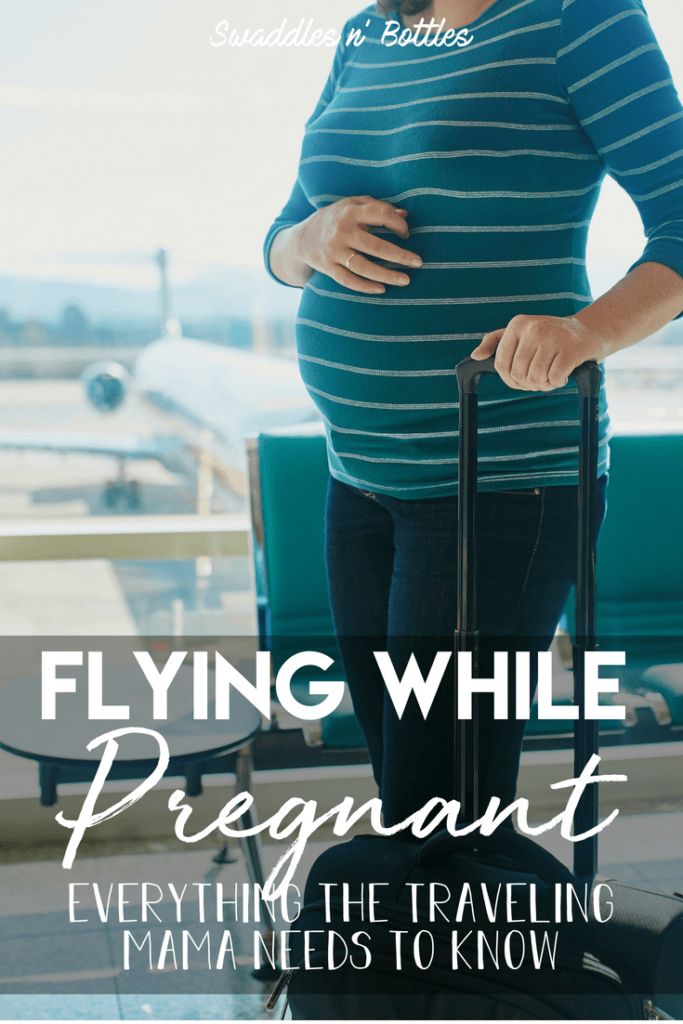 He will prescribe tests and ultrasound to exclude placental pathologies, anemia, gestosis and many other problems in which long-distance travel is not recommended. Bleeding and miscarriages in history are also on the list of contraindications. In addition, safety and comfort also depend on the gestational age.
He will prescribe tests and ultrasound to exclude placental pathologies, anemia, gestosis and many other problems in which long-distance travel is not recommended. Bleeding and miscarriages in history are also on the list of contraindications. In addition, safety and comfort also depend on the gestational age.
IMPORTANT: CORONAVIRUS AND PREGNANCY
At the moment, there is no confirmed information that pregnant women are more or less susceptible to infection with COVID-19 coronavirus infection than others. However, the US Centers for Disease Control and Prevention* reminds that due to changes in the immune system and emotional state, pregnant women are generally more prone to viral respiratory diseases, so be sure to take all measures to protect yourself. First of all, avoid traveling to high-risk countries. So, for example, by decree of the Mayor of Moscow "On high alert mode", citizens arriving from Italy, Iran, Spain, France, Germany, South Korea and China must ensure home quarantine (self-isolation at home) for a period of 14 days and provide their contact information to hotline of the city of Moscow. In fact, the list of countries with coronavirus is longer. Recently, the Netherlands, Norway, Sweden, Great Britain, Switzerland got into it - before making a decision on a trip, look for information about in which countries the coronavirus was found in reliable sources on the Internet, for example, on the WHO website or the official website of the Mayor of Moscow.
In fact, the list of countries with coronavirus is longer. Recently, the Netherlands, Norway, Sweden, Great Britain, Switzerland got into it - before making a decision on a trip, look for information about in which countries the coronavirus was found in reliable sources on the Internet, for example, on the WHO website or the official website of the Mayor of Moscow.
To prevent infection, pregnant women should take the same measures as everyone else: wash their hands more often and treat them with disinfectants, avoid crowded places, try not to touch your face, wear a mask or respirator in public places, minimize contacts, etc. ** There is not enough data yet to say for sure whether COVID-19 is transmitted from a pregnant woman to her child. But it is reported that at the moment there are no cases of transmission of the virus from an infected mother to the fetus during pregnancy, during or immediately after childbirth.
What is the best trimester to travel?
Traveling in the first trimester will not be a pleasant memory for every pregnant woman. Many are tormented by toxicosis, an acute reaction to stuffiness and odors, and increased fatigue. Any discomfort can be annoying - if you encounter this during the planning stage of your trip, consider alternative options. Also at an early stage, when the main organs and systems of the fetus are formed, pregnancy is most vulnerable. But it is important to understand that many women travel without problems in the early stages of pregnancy (in fact, some do not know about their situation), go on business trips, go to new places and have a great time there.
Many are tormented by toxicosis, an acute reaction to stuffiness and odors, and increased fatigue. Any discomfort can be annoying - if you encounter this during the planning stage of your trip, consider alternative options. Also at an early stage, when the main organs and systems of the fetus are formed, pregnancy is most vulnerable. But it is important to understand that many women travel without problems in the early stages of pregnancy (in fact, some do not know about their situation), go on business trips, go to new places and have a great time there.
Weeks 14 to 27 are considered the safest and most comfortable time to travel if the mother-to-be is well. It is only important not to stay in the sun for a long time, not to abuse exotic food (especially those prepared from animal products without heat treatment), to avoid crowded resorts , on the territory of which intestinal and other infections are raging.
In the third trimester (from the 28th week) there are restrictions related to flights: Many airlines do not allow women on board if their pregnancy is 36 weeks or more, and even earlier in case of multiple pregnancies. Sometimes airlines even ask expectant mothers to provide certificates indicating the current gestational age. Starting from the 28th week, airline representatives have the right to ask you to present certificate that you are allowed to fly.
Sometimes airlines even ask expectant mothers to provide certificates indicating the current gestational age. Starting from the 28th week, airline representatives have the right to ask you to present certificate that you are allowed to fly.
Another nuance is that childbirth on the territory of a foreign state can turn into difficulties when returning to your homeland. For example, a baby born in Greece automatically becomes a citizen of this country, and in order to travel with him, you will have to overcome many legal delays.
Choosing a place to rest
Good rest during pregnancy includes sleep, outdoor activities and good nutrition. So you can have a good and calm time in the nearest holiday homes, boarding houses, park hotels and eco-camps. Now many hotels offer special vacation programs for expectant mothers.
If you want not only to relax, but also to gain new impressions, you should choose the direction of travel according to its ecological and epidemiological situation, as well as the level of medicine.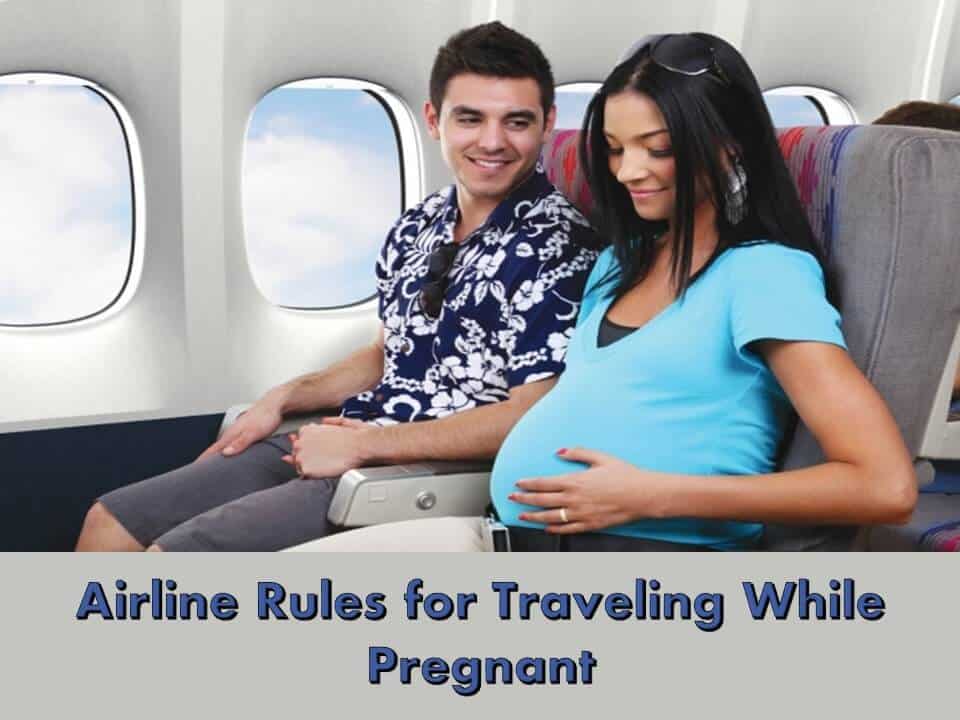 Don't forget to take out good travel insurance - take one that includes services for pregnant women (if you take out a policy online, make sure that it is designed for expectant mothers).
Don't forget to take out good travel insurance - take one that includes services for pregnant women (if you take out a policy online, make sure that it is designed for expectant mothers).
If you are purchasing a packaged tour, please note that the standard package does not usually cover maternity cases. Contact the tour operator to clarify the possibility of changing the terms of insurance.
Be sure to read the reviews on the Internet about medical care in the selected country - how quickly you can get help, how childbirth is in local maternity hospitals.
Which transport is preferable?
The main condition for traveling during pregnancy is the ability to get up and walk a little at any time. All types of transport (sometimes even tourist buses, but this is not for everybody) meet this criterion. But the train, and the plane, and the car have features that need to be taken into account.
-
Vehicle
The main convenience of this method of transportation is that you can stop at any time to warm up and quickly get to the nearest hospital or maternity hospital in case of unforeseen circumstances.
But there are also disadvantages - in the later stages it can be uncomfortable to sit in a chair even for half an hour in a row, besides, some pregnant women can get motion sickness in a car. Special pillows for the back and neck, comfortable air conditioning, as well as a seat belt adapter for pregnant women will facilitate the journey. It removes the load from the abdomen, does not press, does not rub and fixes firmly, ensuring safety.
-
Train
The train makes it possible to change position at least every five minutes - to sit, lie down, walk around. It is better to sit on the bottom shelf and take care of your personal hygiene to the maximum - take antibacterial gel and wipes, toilet pads, slippers, and a toothbrush with you. The negative aspects of traveling by rail are obvious - it is much slower than an airplane, and changing the route or making an unplanned situation, like by car, simply will not work.
-
Aircraft
The main advantages of traveling by plane are speed and safety. The cons relate mainly to health hazards and airline regulations.
The cons relate mainly to health hazards and airline regulations.
If the doctor has approved the flight, this is only the first step to a successful trip. Although there is no scientific evidence that air travel increases the risk of preterm birth or has a negative effect on the fetus, airlines play it safe to avoid emergency landings and additional costs. As mentioned above, many airlines have strict rules for flying while pregnant. It is better to consult about the prohibitions on the carriage of pregnant women before buying a ticket from a tour operator or directly from the air carrier.
What should be considered before the holiday?
Make an appointment with your doctor one week before your holiday. Be sure to let us know where and how you want to go: doctors have life hacks in stock that you didn’t know about.
Specify which of the medicines can be taken during pregnancy if you become ill in transport, in the heat, in case of poisoning, cystitis, candidiasis or a cold; what first aid may be needed for standard ailments during pregnancy - swelling, pulling pains in the abdomen, headache, heartburn.
In addition to the basic documents, ask the doctor for your exchange card with the results of tests and examinations (if you are seen in a private clinic, you will most likely have a duplicate in your hands). If you are flying abroad and understand that at some point you may need to consult local doctors, take translations of your most important medical documents with you.
Take snacks and plenty of water on the transport, and do not go out into the sun without sunscreen - this rule applies not only to pregnant women, but also to their relatives! It is better to relax on the beach before 11 am and after 5 pm, when the heat begins to subside. Choose clothes made from natural fabrics and comfortable shoes. Minimize the risks and enjoy your vacation!
*US Centers for Disease Control and Prevention. Frequently Asked Questions: COVID-19 and pregnancy.
** Rospotrebnadzor in the mountains. Moscow. On recommendations to citizens on the prevention of a new coronavirus infection
When using any materials from the site nutriclub.
 ru, a link to the site is required.
ru, a link to the site is required. © Nutriclub, 2020
tips for pregnancy0003
Society
The most ordinary trip can become a real test and stressful situation for a pregnant woman. Sometimes it may even seem that it is not worth leaving the house at all. How to prepare for a vacation and not become a hostage to anxiety, in the column of the journalist and mother of four children Anna Kudryavskaya-Panina.
Photo: depositphotos/ cunaplus
"Doctor, my husband and I are going on vacation for the holidays, can I?" - I can argue that doctors hear this or a similar question from almost every pregnant woman. And if the pregnancy proceeds without complications, then a competent doctor will answer: "It is not possible, but necessary!" This is exactly what the obstetrician-gynecologist answered me, with whom I conducted my third pregnancy. And it seemed that I was already a shot sparrow and knew a lot and, in general, not the most disturbing, but still asked about the vacation and asked again about the plane.
If you read some of the women's forums, you can believe that the safest pregnancy is to spend in bed. Horror stories about the fact that you can’t fly, ride a train or drive, experts seem to be tired of debunking. In fact, everything is simple: you can walk, ride, fly if there are no conditions threatening pregnancy and if the pregnant woman herself wants / needs it.
Pregnancy is, of course, not a disease, but a special condition. And that is why it makes sense to prepare for any trip more consciously in order to have everything you need on hand just in case.
But this does not mean that if you want to go somewhere at a different time, you need to prohibit yourself from doing so. You just need to take into account some features of your pregnancy and your condition at the time of travel.
If you do not leave the country, then in general everything is quite simple and differs little from rest in the usual state. Insurance is not needed, doctors and medicines are available if necessary.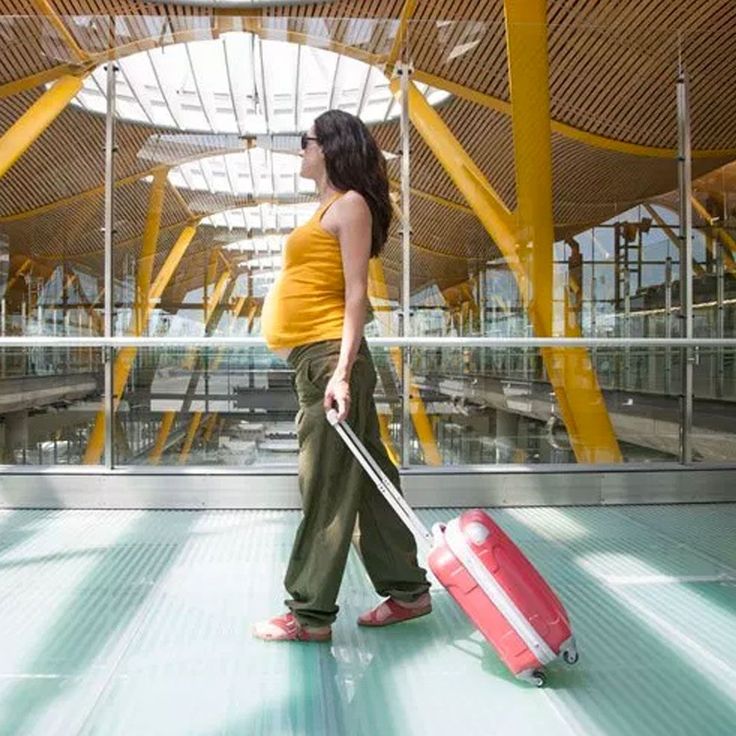 You need to think about what will give you additional security and comfort. In the first trimester, due to severe toxicosis, I did not risk going somewhere far, but I really wanted to change the background, and we went to Kolomna for a couple of days. For nausea, I always had mints and a bottle of Coca-Cola on hand. The drink, which I almost never drink in ordinary life, during the first weeks of pregnancy became just a sip of salvation. A proven fact, "harmful" cola helps with intestinal infections and perfectly relieves nausea in pregnant women. And if you are a supporter of a healthy lifestyle and are tormented by the choice of whether to drink or not drink, it makes sense to think in the direction that a couple of sips of cola will certainly not do more harm to your child and you than incessant nausea, intoxication and a state close to collapse.
You need to think about what will give you additional security and comfort. In the first trimester, due to severe toxicosis, I did not risk going somewhere far, but I really wanted to change the background, and we went to Kolomna for a couple of days. For nausea, I always had mints and a bottle of Coca-Cola on hand. The drink, which I almost never drink in ordinary life, during the first weeks of pregnancy became just a sip of salvation. A proven fact, "harmful" cola helps with intestinal infections and perfectly relieves nausea in pregnant women. And if you are a supporter of a healthy lifestyle and are tormented by the choice of whether to drink or not drink, it makes sense to think in the direction that a couple of sips of cola will certainly not do more harm to your child and you than incessant nausea, intoxication and a state close to collapse.
Photo: depositphotos/ VitalikRadko
During each pregnancy, I felt that this world smells terribly strong, I would even say it stinks, so I always carried something pleasantly smelling with me in order to smell this wonderful stinking world in time, anything: a handkerchief sprinkled with your favorite perfume, a bag of lavender, or even a mint leaf.
For flights, I had compression stockings (this, of course, is not necessary, but desirable, it is not only good for blood vessels, but it is really easier for the legs to endure the flight), but in the heat it was simply unbearable - to pack the legs in dense synthetic fabric, and I got by with golf. Doctors, of course, insist on stockings, but you must admit that stockings are definitely better than nothing.
The story with airplanes is that different airlines set different rules for flying pregnant women. And this must be taken into account on the shore, that is, when buying a ticket. Usually, up to 28 weeks, pregnant women can safely travel by this type of transport, but in any case, find the corresponding rule on the airline's website, because it is in your interests so that your vacation is not spoiled and does not end at the airport.
If it's not in the rules, but you're still worried, play it safe and take it when you come for a routine checkup. In both recent pregnancies, my husband and I (and in the second case with a small child) flew between 24 and 28 weeks. We had no problems either in the first or in the second case. But in the first one I took a certificate (requirement of the carrier), in the second I flew without it. Nothing special, except for the increased attention of the airport staff and flight attendants on board (and my stomach was quite noticeable), I can’t remember about these “pregnant” flights.
We had no problems either in the first or in the second case. But in the first one I took a certificate (requirement of the carrier), in the second I flew without it. Nothing special, except for the increased attention of the airport staff and flight attendants on board (and my stomach was quite noticeable), I can’t remember about these “pregnant” flights.
Pregnant women can swim in the sea. Usually, they also ask permission from the doctor before the vacation. Moreover, for a decent period of time, sea water is an excellent way to unload your back and legs, and swimming is the most useful load for all muscle groups.
I remember how before a trip to Montenegro at the 25th week of pregnancy, I put medicines in the first aid kit, and then took it out, put it again and took it out again. On the one hand, not everything is possible for pregnant women. On the other hand, pregnant women also get sick, like all people. And in the case of a trip abroad, the situation when you can only buy panadol in a pharmacy without a prescription can be very unnerving. And pregnant women know how to get nervous qualitatively and with a huge force that affects everything and everyone around. I consider this option of preparing for a foreign vacation to be optimal: medical insurance for pregnant women and an optimally assembled first-aid kit (taking into account the specifics of the state and the country you are going to).
And pregnant women know how to get nervous qualitatively and with a huge force that affects everything and everyone around. I consider this option of preparing for a foreign vacation to be optimal: medical insurance for pregnant women and an optimally assembled first-aid kit (taking into account the specifics of the state and the country you are going to).
Photo: depositphotos/ golyak
Medical insurance for pregnant women is not offered by every travel insurance company. But there are such insurers. You can, of course, take out ordinary insurance, but then it will not cover any risks associated with pregnancy. Namely, you want to protect yourself from them during the trip, so it’s better to surf the Internet for a couple of extra minutes, but find an insurance option for a pregnant woman. Yes, this insurance will be more expensive than usual, and it is quite possible that you won’t be able to buy such a policy online and will have to go for it, but it seems to me that these are minimal costs with an obvious benefit - the ability not to worry.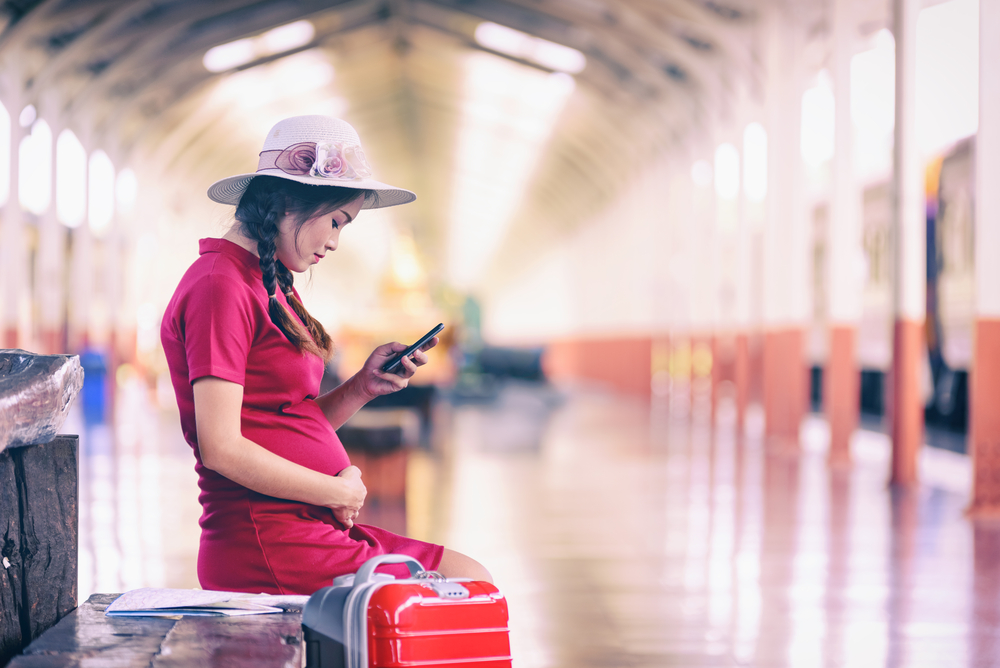
With the first-aid kit, I did this: in addition to vitamins for pregnant women and those drugs that the doctor prescribed for me, I took with me antipyretic drugs allowed in my position in case of SARS, adsorbents in case of poisoning or intestinal infection, enzymes and a drug for heartburn, antihistamines of the latter generations, a throat spray, a saline solution for washing the nasopharynx and vasoconstrictor nasal drops for babies (which can also be used by pregnant women). In a word, I insured myself in case of minor problems, and for all the rest (God forbid, of course) - I had a guarantee of peace of mind in the form of insurance. Fortunately, I didn’t need insurance, as well as all the contents of the first-aid kit, except for vitamins, but I didn’t doubt for a second that all this was not in vain.
Will you be able to easily transfer a flight with a transfer, as before, or is it better to overpay, but fly a non-stop flight? What is better in your position - an apartment or a hotel? How is it calmer and easier for you - to cook by yourself or to trust the public catering? And if earlier you simply didn’t think about something (well, for example, about the availability of public toilets at the place of stay), then now it may turn out to be more than relevant.

